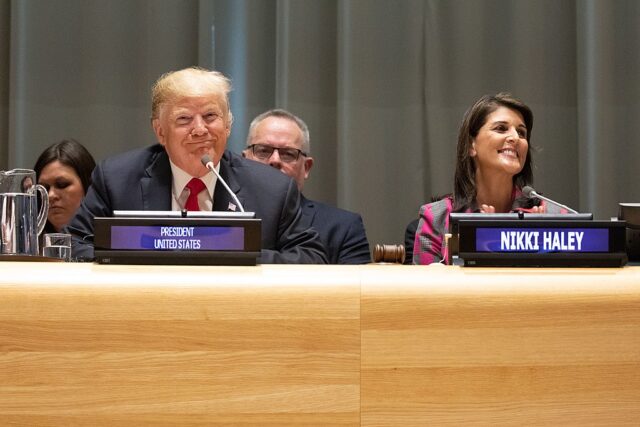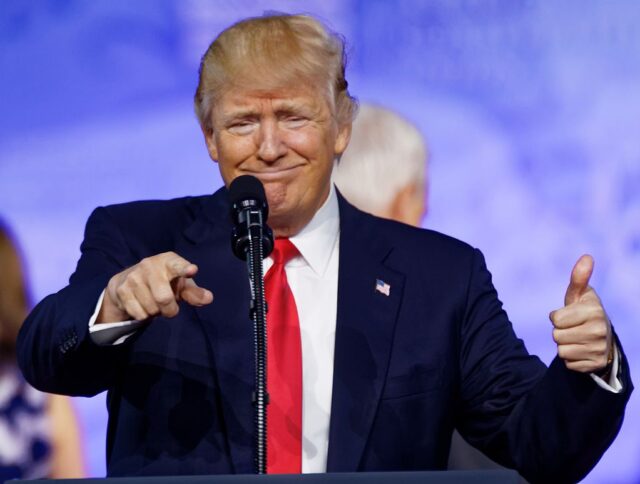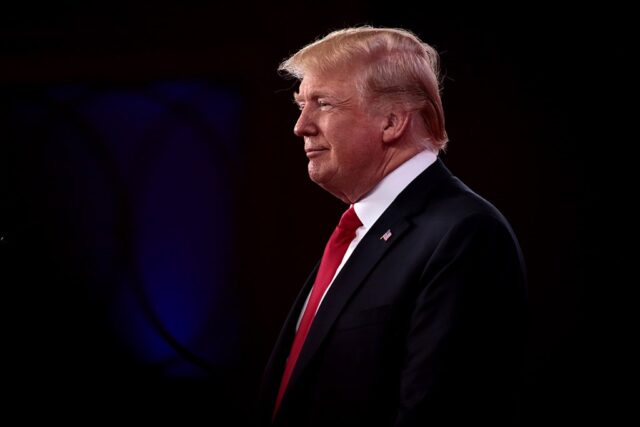Elon Musk Accuses Trump Ally Of ‘Leaking’ Info To The Media
Tensions are running high within Trump’s inner circle…
Billionaire Elon Musk clashed publicly with Boris Epshteyn, one of Trump’s closest allies in what sources called a “massive blowout” over key Cabinet appointments.
According to three sources cited by Axios, the dispute reached a boiling point during a dinner at Trump’s Mar-a-Lago club last week during which Musk accused Epshteyn of leaking sensitive details about the transition process, including potential personnel picks.
“You don’t know what you’re talking about,” Epshteyn reportedly fired back during the heated exchange.
The altercation highlights a power struggle as Musk, a newcomer to Trump’s inner circle, increasingly advocates for his preferred candidates. Musk has reportedly criticized Epshteyn’s influence in selecting Justice Department nominees, including Matt Gaetz for attorney general.
Musk is lobbying for Howard Lutnick, co-chair of Trump’s transition team, as Treasury secretary, over Wall Street veteran Scott Bessent.
Despite the friction, Musk maintains considerable support among Trump’s family and allies.
However, the tech billionaire’s growing role in the transition has rankled longtime Trump loyalists, who view him as overstepping boundaries.
Musk has been among the president-elect’s most vocal and influential supporters since he endorsed Trump immediately after a July assassination attempt at a Pennsylvania rally but some in Trump’s inner circle say the Tesla CEO is being to overstay his welcome.
“Elon won’t go home. I can’t get rid of him. Until I don’t like him,” Trump quipped, according to a source in the room when Trump met with Republican lawmakers on Capitol Hill last Wednesday.
some Republicans have questioned how long Trump and Musk can happily co-exist, particularly given Trump’s past frustration with those who take up too much of the spotlight.
“Trump is not going to have another alpha. I think Trump is going to tire of him,” one source close to the transition told The Hill.
One Republican lobbyist with ties to Trump said there are some in the president-elect’s orbit who think Musk is “a little big for his britches.”
Trump transition team spokesperson Karoline Leavitt did not respond to requests for comment from The Hill, but in a statement on Wednesday to NBC News described Musk and Trump as “great friends and brilliant leaders working together to Make America Great Again.”
“Elon Musk is a once in a generation business leader and our federal bureaucracy will certainly benefit from his ideas and efficiency,” Leavitt said.














